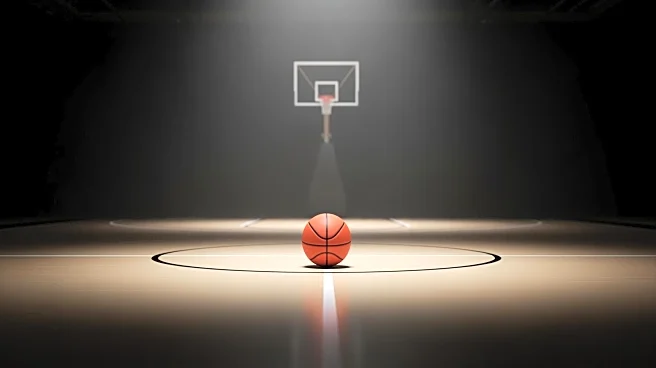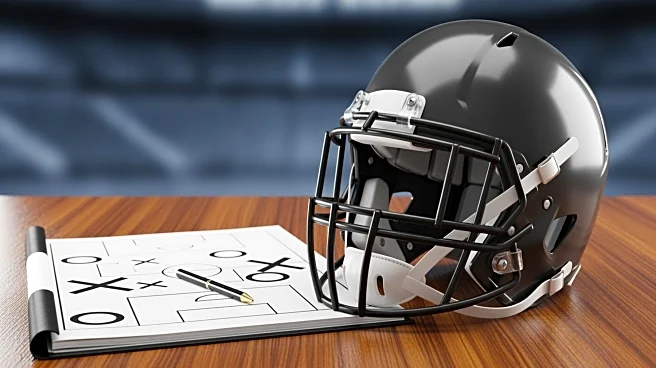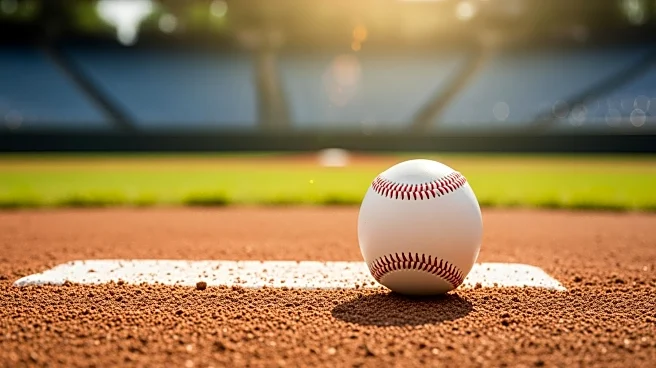What's Happening?
Abdullah Ahmed, a 21-year-old center from Egypt, is exploring the possibility of transitioning from the G-League to college basketball. Having played for the Westchester Knicks, Ahmed averaged 4.0 points
and 5.5 rebounds last season. He is currently considering offers from BYU, Houston, and Mississippi State, with plans to visit these schools before making a decision. This move is facilitated by recent NCAA eligibility changes, which have allowed former G-League players like Thierry Darlan and London Johnson to play college basketball. The NCAA's revised stance on amateurism, influenced by NIL deals and revenue sharing, has blurred the lines between professional and amateur status, enabling G-League players to seek college eligibility.
Why It's Important?
The NCAA's decision to allow G-League players to transition to college basketball marks a significant shift in the landscape of collegiate sports. This change could lead to an influx of experienced players into college programs, potentially altering recruitment strategies and competitive dynamics. It reflects the evolving nature of amateurism in sports, where financial compensation through NIL deals challenges traditional definitions. Colleges may benefit from the enhanced skills and maturity of former professional players, while high school recruits might face increased competition for spots. This development could also impact the G-League's role as a pathway to professional basketball, as players weigh the benefits of college exposure and education.
What's Next?
Ahmed's decision will likely influence other G-League players considering similar transitions. As more players explore college eligibility, NCAA programs may need to adapt their recruitment strategies to accommodate this new pool of talent. The NCAA might face pressure to further clarify eligibility rules and address concerns from coaches and stakeholders about the impact on traditional recruitment. Additionally, the success of players like Ahmed in college basketball could set precedents for future eligibility cases, prompting ongoing discussions about the balance between professional experience and amateur status in collegiate sports.
Beyond the Headlines
The NCAA's eligibility changes raise ethical questions about the definition of amateurism and the fairness of recruitment practices. As the line between professional and amateur blurs, stakeholders must consider the implications for player development, educational opportunities, and the integrity of college sports. This shift may also influence cultural perceptions of college athletics, as the integration of professional experience challenges traditional narratives of student-athletes.









